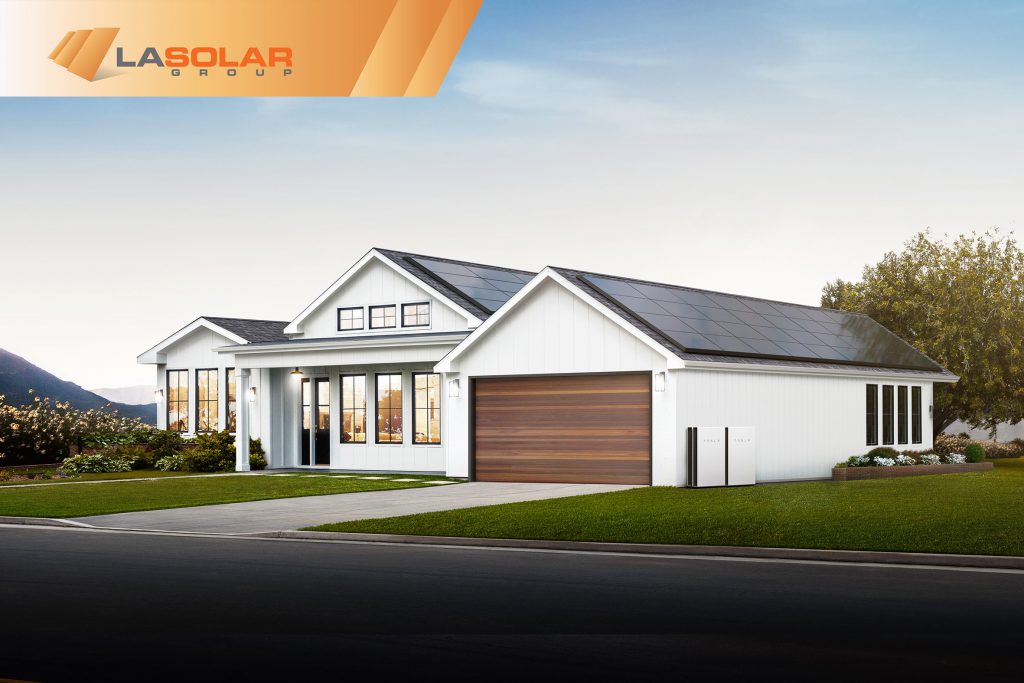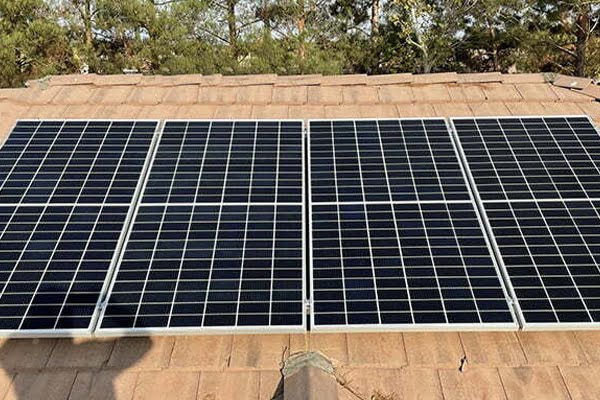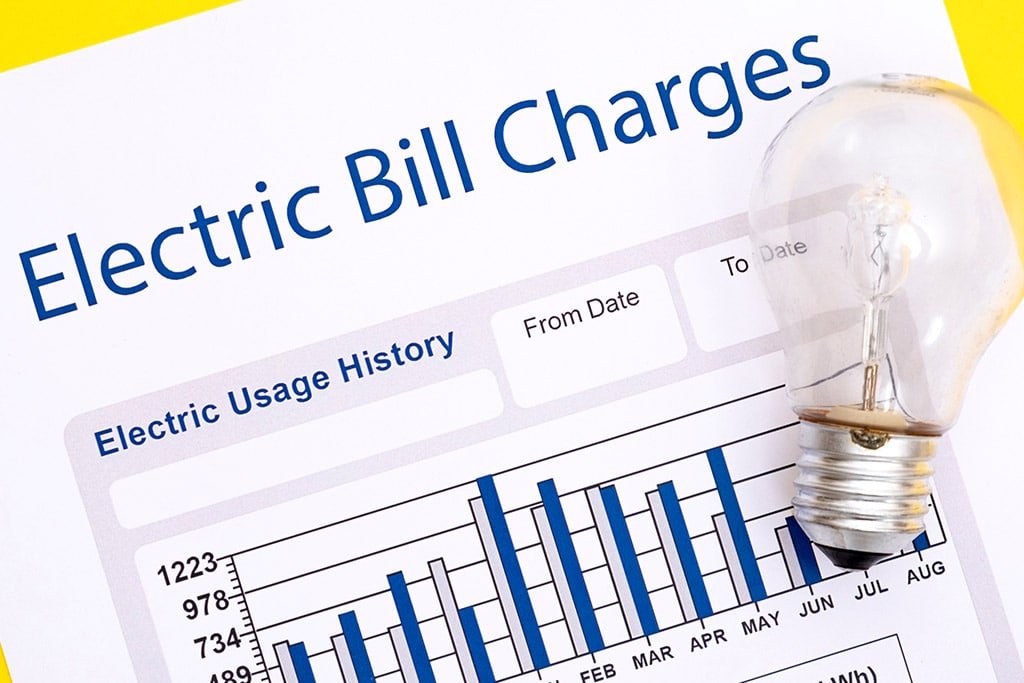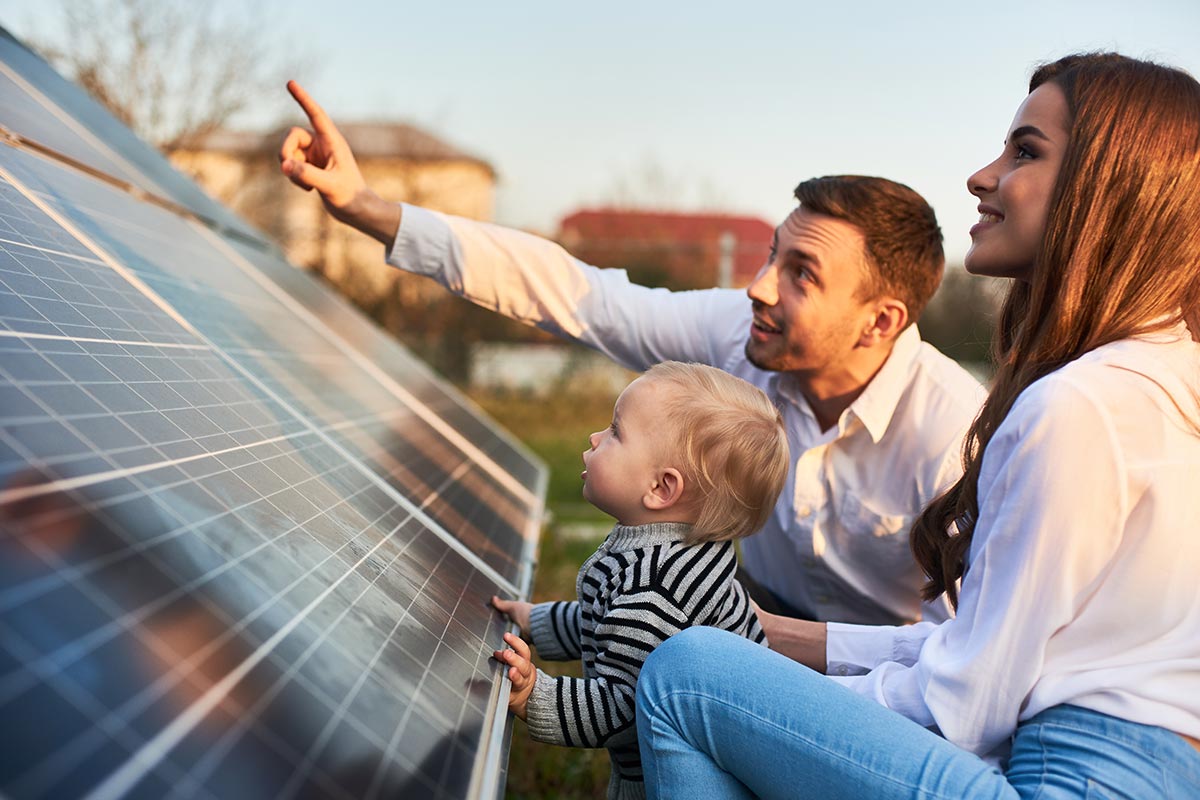One of the first questions homeowners ask about going solar is “How long does the solar system’s efficiency last?” This is the right question to be asking, since if you get solar installed, you want to know that it’s going to provide power for a long time.
Let’s Define “Efficiency”
The first thing to know about solar “efficiency” is that it can mean different things. To scientists and engineers working on improving solar panels, efficiency is a measure of how much of the sun’s power may be turned into electricity by a solar cell. The theoretical maximum efficiency of silicon solar cells is 29%, according to the Institute of Electrical and Electronics Engineers (IEEE). Commercially available solar cells range in efficiency from 8% to ~24%.
When homeowners ask about efficiency, however, they usually mean solar panel performance over time. One rule of thumb is that solar panels lose 1% of their electricity-generating capacity every year. Let’s take a quick look at why—and why accurately predicting your solar system’s performance over time requires more accurate measures.
What Is the Efficiency of Solar Panels Over Time?
Environmental conditions and normal operation cause wear and degradation. But don’t worry: the term “degradation” isn’t the same as disintegration. Your panels aren’t going to slowly disappear. They just won’t produce as much power over time. After the 25-year lifespan of most panels, they’ll still typically produce roughly 80% of the power they did when first installed.
A 2012 study by the National Renewable Energy Laboratory put the average annual solar panel degradation at 0.08%. This is, in part, where the 1% per year rule-of-thumb comes from.
As you might imagine, solar panel efficiency over time is dependent on many variables, including:
- Temperature: Operation in high heat will wear panels out more quickly than if the panels operated at a lower temperature. Homeowners in Los Angeles should be aware of this, with 2017’s July heat wave shattering a 131-year-old record with temperatures reaching 122 degrees and #LAHeatwave trending on Twitter into September.
- UV Exposure: It may sound odd to think that ultraviolet light exposure can cause wear and tear on your panels, but it’s true. UV wears down anti-reflective coatings, for instance.
- Water: If your panels get cracks or otherwise allow water vapor to get in, that can cause a drop in performance. Homeowners on the California coast may want to take note of this as well.
How Can You Make Your Solar Panels Last As Long As Possible?
The best thing you can do to ensure you get the most use of your panels over time is have them professionally maintained and monitored. Your installer can ensure the panels get periodic professional cleaning, and that panels get repaired or replaced if needed. Your system components are typically backed by manufacturers’ warranties, but it’s best to have an installer who will monitor performance–and address shortfalls as needed.
Most solar installers back their work with 10 to 12-year warranties. LA Solar Group backs all of its installations with a 25-year performance warranty. If your panels do not perform as projected over their lifespan, we’ll pay for the difference.
If you have any questions about how solar panels work, what aspects of power production we monitor, or about any details of going solar, we can answer them.





